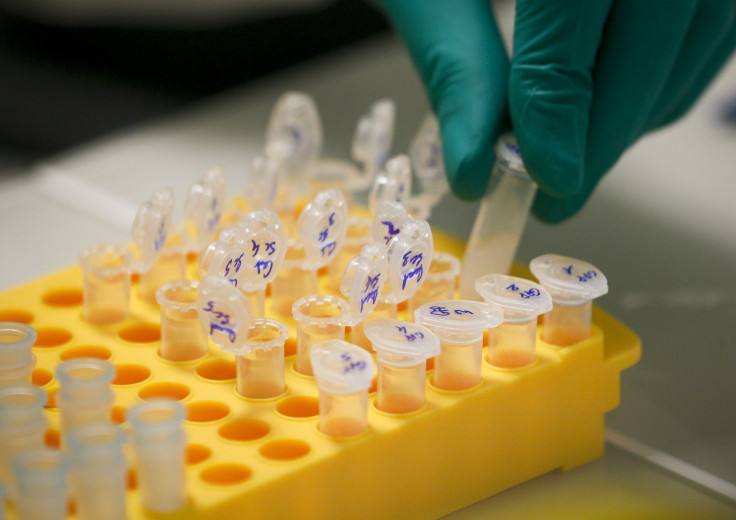National DNA Testing Effort On Old Rape Kits Sees Success In Indicting Sexual Predators

Hundreds -- possibly thousands -- of sexual predators and rapists may be prosecuted in the U.S. as new funding is spent on clearing a backlog of rape-kit tests. Across the country, state governments are making a concerted effort to finally test the DNA in thousands of rape kits that in some cases sat in police evidence rooms for years.
“There’s definitely momentum,” Sarah Haacke Byrd, the managing director of the Joyful Heart Foundation, an advocacy group battling child abuse, domestic violence and sexual assault that has been helping to rectify the issue of untested rape kits, told the Associated Press. “In the last year, we really are seeing the tide turn where federal and state governments are offering critically needed leadership and critically needed resources to fix the problem.”
The campaign is also getting significant financial backing in the form of $41 million in federal funding for this year, with another $41 million being proposed by the Obama administration for next year, complemented by $20 million that would be earmarked for reforms.
The testing effort already has been validated by success stories, leading either to indictments or to matches in the national DNA database, AP reported. For example, the Cuyahoga County Prosecutor’s Office in Cleveland has indicted more than 300 suspects based on newly tested evidence in old rape kits. Meanwhile, authorities in Houston were able to match 850 samples with those in the national DNA database after testing almost 6,700 rape kits, some of which had been sitting in warehouses for decades.
The testing effort has also cast light on a troubling pattern: Many rapists are repeat offenders who might have been stopped had the kits been tested in a timely manner. Officials in Michigan’s Wayne County indicated there are at least 288 potential serial rapists that were discovered through the current testing effort.
© Copyright IBTimes 2024. All rights reserved.






















